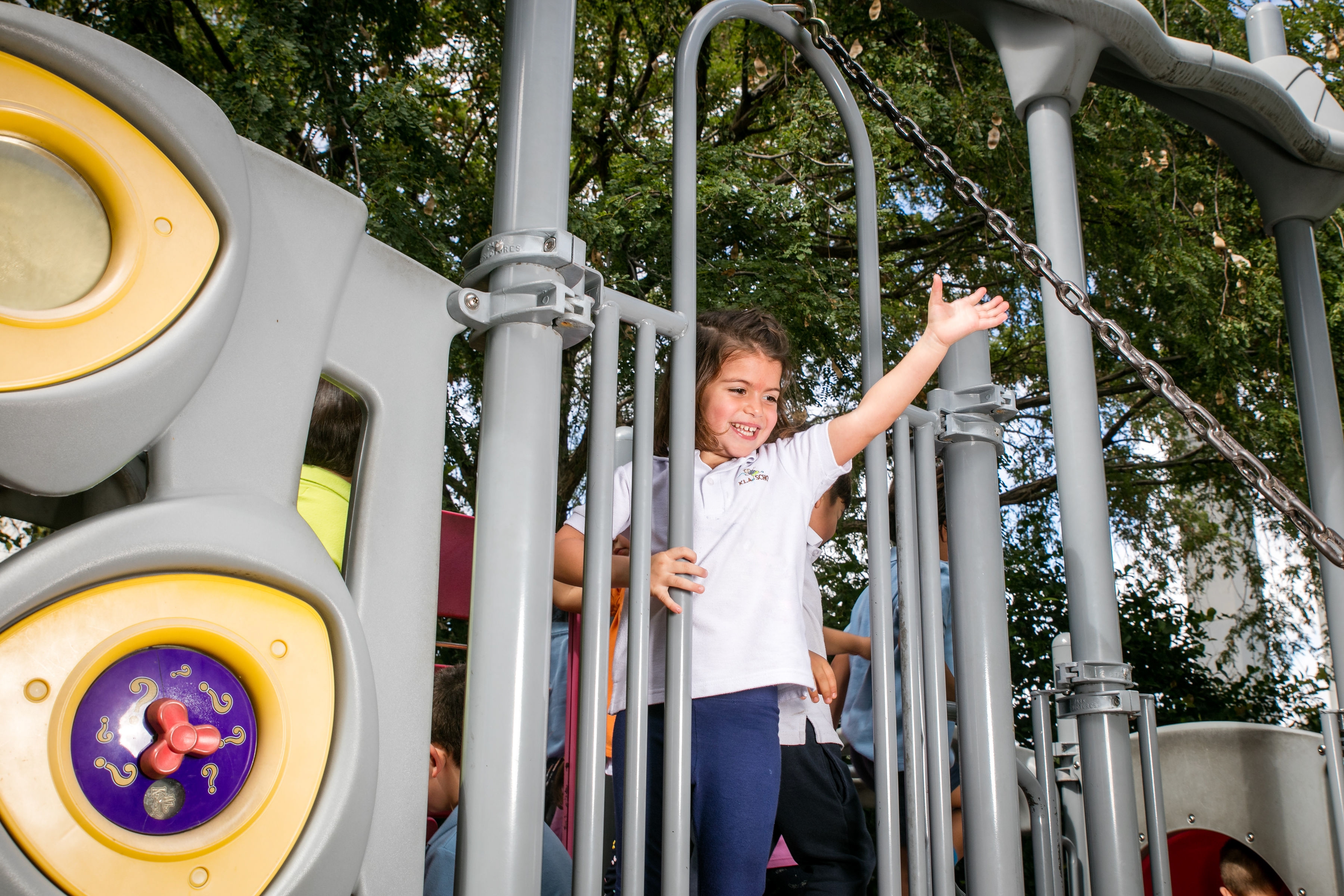What Parents Should Know About Preschool Nutrition
When you chose your child’s preschool or daycare, you likely had a checklist of important qualities. You wanted a preschool that was safe, had well-trained and caring teachers, and would teach your child valuable skills in a supportive environment. A good preschool or daycare acts as an extension of your family, and keeps your child’s health and safety in mind.
To that end, you may have questions about the food your child eats in preschool, such as allergies, meal plans, or eating habits. If that sounds like you, here are some things that you should know about preschool and daycare nutrition.
Allergies, intolerances, and special diets can be accommodated
Whether it’s an allergy, an intolerance, or a special diet that must be followed for cultural or religious reasons, your child can still eat healthfully in preschool. Feel free to discuss your child’s dietary restrictions with your preschool or daycare – they’ll be happy to create an alternative meal plan to meet your child’s needs while still providing adequate nutrition.
Menus are planned based on expert guidelines
Daycares and preschools follow guidelines for several areas of their operations, and nutrition is no different. Meal plans are approved by regulatory agencies that look out for things like appropriate portion sizes and nutrition. You can be sure that your child’s meals and snacks during his day at preschool will have all the food groups and necessary nutrients represented, while reducing unhealthy added fats, sugar and sodium.
You can view your preschool’s menu ahead of time
Most preschools and daycares will offer sample menus, or make their weekly meal plans available to parents by request. This allows you to see things like portion sizes, food variety, and types of food offered. It’s also a great opportunity to ask any questions you may have about your child’s food, such as method of preparation.
Preschools and daycares can handle picky eaters
At home, you may feel like your picky eater is a handful, and you have your strategies that you’ve honed after months of experience. You may worry about your child not eating at preschool, or causing stress for her teachers.
Rest assured that your child is not the first picky eater your preschool or daycare has come across! Teachers are very experienced with all aspects of toddler and preschool behaviour – picky eating included. Have a chat with the teacher and you might find they have a few strategies up their sleeve, such as allowing the child to serve herself, introducing new foods slowly, or creating a fun ritual around snack times. Another factor that may ease your mind is a concept called “positive peer pressure.” Your picky eater may happily try new foods or eat what her friends are eating at preschool.
Preschools and daycares keep you informed
Many preschools and daycares offer daily reports on how your child slept, toileted, acted, and ate during the day. If you have a picky eater, this report can be especially helpful to see if he’s accepting substituted foods. If your child isn’t a picky eater, the daily report is still a good way to keep informed on her nutrition and eating habits. If your child has suddenly started eating less, or rejecting a certain food, you can investigate. You may also notice that your child has discovered a new favorite food in preschool, and can incorporate it into his diet at home too.
Preschools are committed to creating an environment in which your child can thrive, and proper nutrition is the foundation. Your preschool or daycare is an active participant in your child’s health and wellbeing, and will offer her a variety of nutritious, age-appropriate, and delicious meals and snacks.

